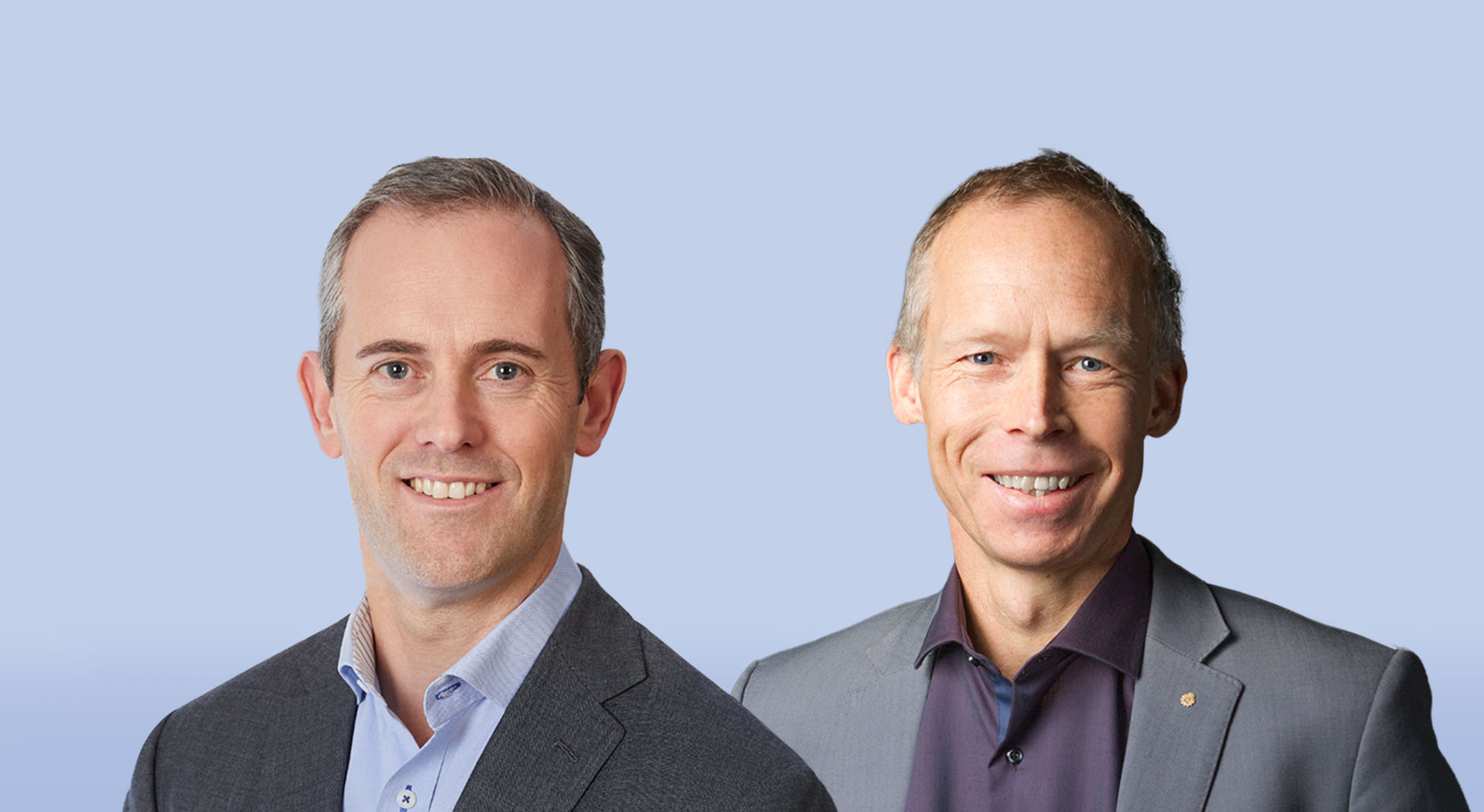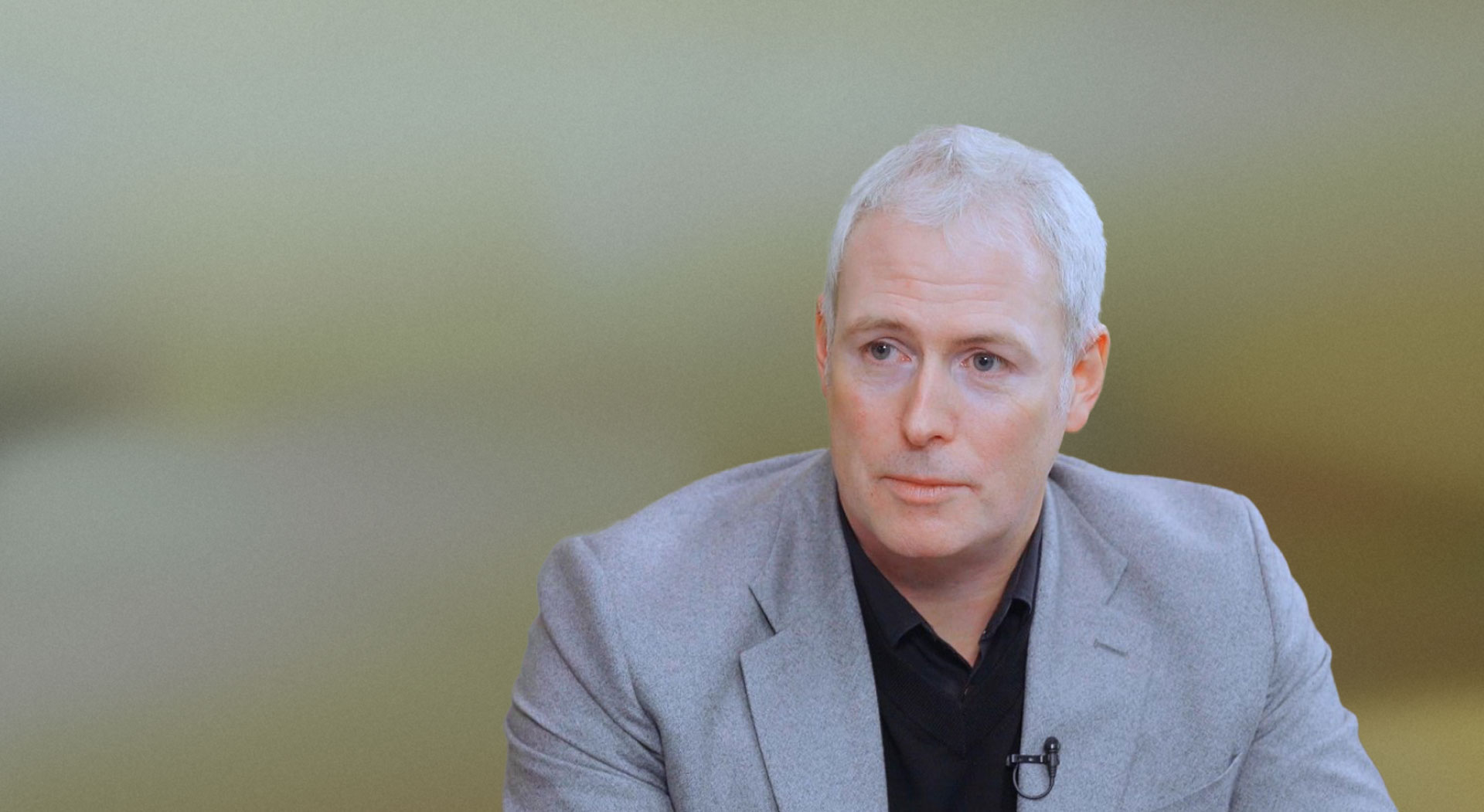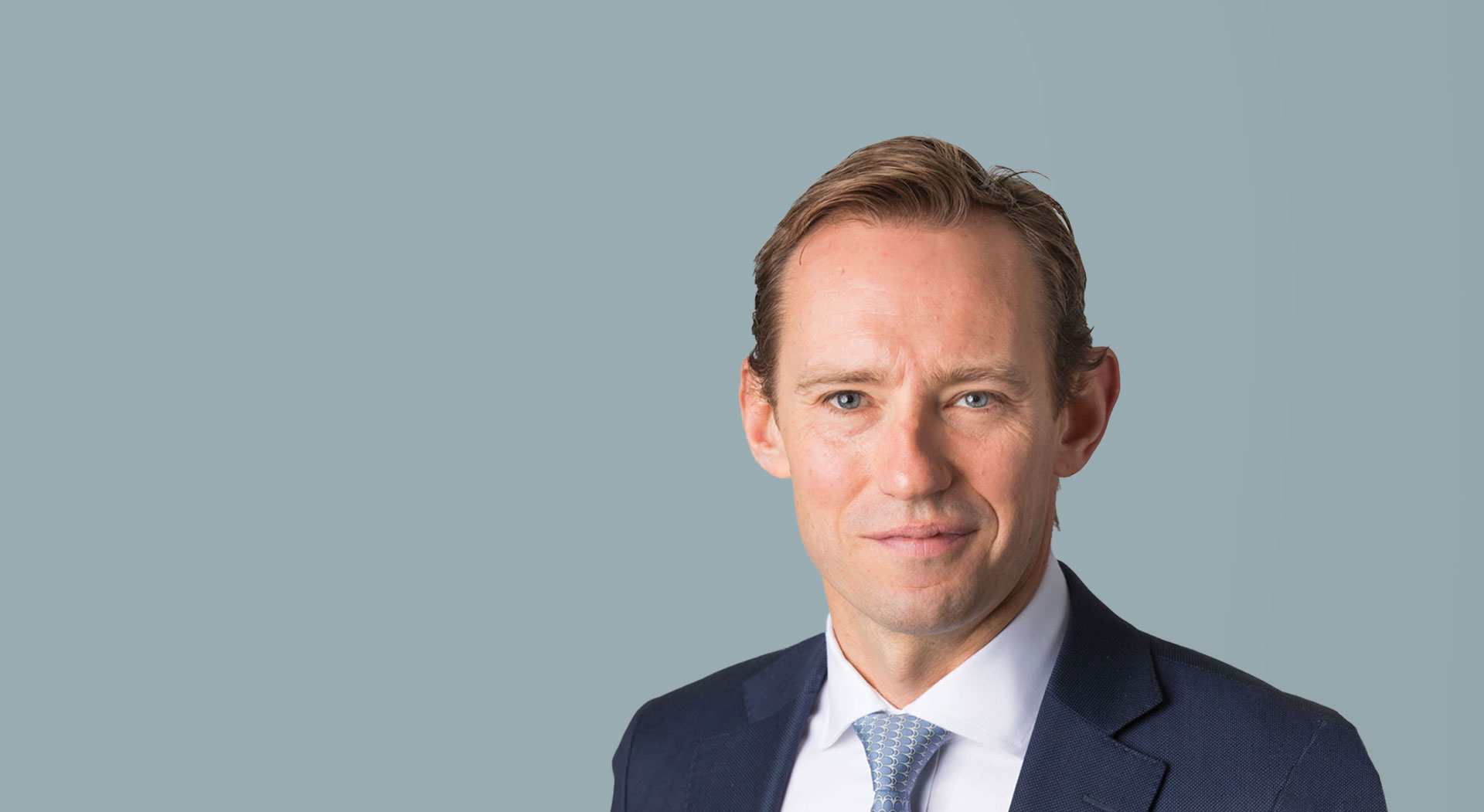
Idea in brief
➔ Social licence is the belief among stakeholders that the operator or owner is fair and legitimate. It is a powerful force that provides operators with a conducive environment within which to operate infrastructure assets.
➔ Ideal long-term capital partners bring experience and an understanding of factors that contribute to social licence such as environmental, social and governance issues, together with a strong sense of purpose.
➔ Investors can maintain social licence by focusing on long-term sustainability, building goodwill among all stakeholders and establishing patterns of healthy communication with operators.
The critical role of long-term investors in catalyzing economy-wide decarbonization
The legal right to build, operate or maintain an infrastructure asset is often derived from a concession or contract in place with a local government that spells out the rights and obligations of both sides. While that contract is critical, the long-term investor also needs a conducive operating environment, which depends on something less tangible: social licence.
Social licence is a powerful force that provides operators with a conducive environment within which to operate infrastructure assets. It is about operators building goodwill among all stakeholders by managing the assets fairly and sustainably, and by engaging with the community to meet local needs in ways that support the business model.
Simply put, social licence is the belief among stakeholders that the operator or owner is fair and legitimate. Though it’s not written down on a piece of paper, social licence is a powerful force that can enhance or erode value. When operators fail to maintain social licence, they, along with their investors, may suffer serious loss. The trust that is earned through social licence provides private-sector infrastructure investors and operators with the legitimacy to operate in an arena that is widely viewed as being in the domain of the public sector.
Infrastructure companies typically provide essential services to a large customer base, sometimes on a monopoly basis with guaranteed customers, making them priorities for local communities and public-sector stakeholders. When the regulatory frameworks for infrastructure companies and projects are stable and predictable, investors can find compelling reasons for investing in these companies, given the steady returns they can generate over the assets’ lifetimes. For public-sector stakeholders and society at large, this represents an affordable and efficient way to build and maintain key infrastructure.
With the world facing a large-scale project funding gap of US$94 trillion out to 2040, there is plenty of demand for capital in the sector. And with long-dated cash flows that are typically inflation-protected and cash-yielding to investors, infrastructure investments will remain compelling for many institutional investors.
For those investments to succeed, however, it’s important for long-term investors to know and trust both their investee partners and the senior management team who will have responsibility for operating the asset. In some cases, these partners may be a consortium of other financial investors. Elsewhere the partner may be a family-owned company with deep ties in the region, or a strategic player with expertise in particular industry sectors. As they do their due diligence, investors can learn more about potential partners by studying their investment records, examining media coverage and assessing the strength of their stakeholder relationships. Investors like CPP Investments bring capital and experience, but they must have confidence that their investee companies understand the market and do business to the highest ethical and professional standards. In other words, they must ensure that their partners’ social licence is strong and enduring.
If operators of monopolistic assets do not consider the role social licence can play in making or breaking their reputation, they may struggle to attract the best and brightest talent, find it harder to operate, and diminish their appeal when investing in (or bidding for) new projects. Public protests can close highways or stop construction of new facilities.
Responsible investors also have an important role. They should be trusted stewards and provide oversight for management teams, through their supervisory roles on boards, to make sure infrastructure companies are taking the need for social licence seriously.
Part of this social good is ensuring assets are operated in a fair and sustainable manner, especially as the drive to mitigate the physical and transition risks of climate change becomes more urgent. Another part is acting as a positive influence and taking unprompted steps to help communities that surround the infrastructure assets flourish in ways that complement the business model. This is stakeholder capitalism. At CPP Investments, part of maximizing investment returns and fulfilling our mandate is ensuring, through our engagement, voting and capital allocation decisions, that operators and management are appropriately prioritizing their social licence. Social licence encompasses a myriad of factors. We offer examples from our own portfolio companies that show how social licence plays out in the real world. These case studies illustrate the importance to investors of maintaining social licence as they oversee their investee companies. When operators manage it with care, their social licence can increase the value of an investment throughout its lifecycle.
Public safety is paramount
Prioritizing safety through proactive maintenance to build public trust and preserve an asset’s sustainability and value
In Brazil, 270 people died when the Brumadinho dam at an iron ore mine gave way in 2019. Catastrophes like this are strong reminders of our responsibility to maintain our critical assets, like bridges and dams. Stakeholders have every right to assume that a critical asset like a bridge or a dam is being maintained and operated in a safe manner. After all, that’s why responsible operators and their investors are permitted to reap the economic benefits of such an asset. The human and environmental toll on the surrounding communities was immense, as 12 million cubic metres of toxic mine tailings came to rest in the surrounding soil and waterways.
Along with the human toll, failures like these can destroy enormous amounts of economic value, creating wounds that can impair the investment for years to come. Prudent investors in infrastructure take safety seriously and, through their supervisory role on boards, ensure that management teams and operators have robust proactive maintenance and safety regimes in place. These investors understand that safety is essential to building public trust, preserving an asset’s longevity and enabling a reasonable return on investment. This was the approach taken by IDEAL, a company in which CPP Investments holds a stake, which operates major toll roads in Mexico.
An investor’s guide to maintaining social licence
1. Focus on long-term sustainability, making decisions based on long-term value, not short-term earnings, and appreciating that it may make good sense to invest now in measures to address future environmental, social and governance issues, including climate change.
2. Build goodwill among all stakeholders, including local governments, local suppliers, employees, customers and the surrounding community. To do so requires regional expertise and local relationships; having boots on the ground is integral to building credibility for international capital providers.
3. Establish patterns of healthy communication between longterm investors and operators. Investors with significant stakes, long holding periods and an ability to add value as informed, experienced owners, can engage with portfolio companies and help drive operational change through value creation initiatives. Multi-asset class investors can also facilitate the transfer of best practices between assets within their portfolio.
IDEAL dug into the data, looking for hot spots and recurring types of accidents. While the incident rates were within the norms for Mexico, the team believed the number of serious collisions could be reduced. In some stretches, IDEAL’s on-site management team improved lighting. In others, they installed efficient systems for quickly removing debris from the roadbed, and built better relations with the local police by coordinating to ensure sufficient resources were available when collisions occurred. The team also engaged with authorities to increase overall safety awareness in the community. Initiatives like these, based on data and applied systematically, helped cut the annual collision rate in half within a year.
FIGURE 1
Infrastructure assets in our portfolio provide social value to communities in which we invest and sustainable returns for contributors*
| Asset Type | TOLL ROADS |
ENERGY UTILITIES |
WATER UTILITIES |
PORTS |
RAIL |
TELCO |
| Number of Companies | 10 | 5 | 3 | 2 | 1 | 2 |
| Potential paths to decarbonize | Connects 1.9m users between their origins and destinations daily or 700m trips annually | Distributes power to 7.2m residential customers
Moves energy over 100,000 kms so users can connect to power |
Provides water for 14.2m customers
Cleans wastewater from 13.5m people |
Handles 14m containers annually | Transports ~900k containers of freight annually | Connects 4.4m subway users to the internet daily
Provides broadcast connections to 45m customers Provides an emergency service network for 53k users |
*As at December 31, 2021.
This experience is an excellent illustration of why it is critical for investors to choose local partners and operators with care, seeking those with deep roots in the local community who aspire to global standards. Each of the actions taken by IDEAL to improve safety on its toll roads required additional investment that was not specifically mandated by the contract. We wholeheartedly supported the expense required for these improvements because it improved safety and led to greater road utilization, and thus profitability, and showed our commitment to being a long-term investor in the community.
IDEAL demonstrated its commitment to excellence by spreading these practices to all the roads in its portfolio. It also created an expert safety team that developed a more systematic approach to gathering data from new sources and identifying vulnerable stretches of the roadway, in one case adding a safety off-ramp for trucks on a steep downhill section. Safety is a core cultural value at IDEAL and is deeply embedded in every decision, from day-to-day operations to management-level capital allocation choices. As a committed long-term investor, we fully supported this strategic decision. This helped to protect lives, preserve long-term value — and build social licence.
Serving the public interest
Helping communities thrive by providing access to critical services
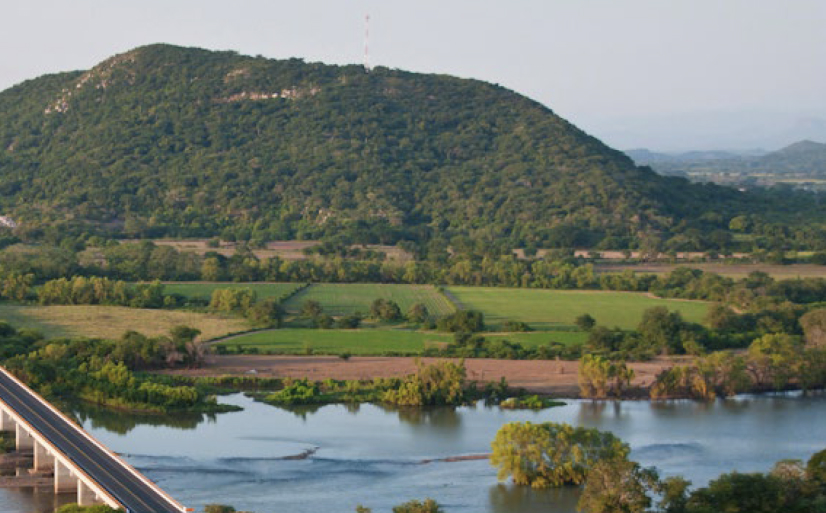

Investors provide capital to bring crucial infrastructure to communities, including airports, highways, rail and ports for moving people and goods; water and sewage works that keep the taps flowing; telecom infrastructure to feed our desire for more data; and utilities that provide energy. Without access to these critical services, no community can thrive. In many cases, these projects also provide a boost to local economies by creating jobs and increasing productivity.
These are capital-intensive assets meant to serve the public for decades. The contracts that support them are written to provide a fair return while still serving their constituents. The associated regulatory frameworks are also typically designed to provide investors with significant predictability and stability so that they can confidently make these long-term investments. But over long time horizons, conditions can change and the investment framework may evolve. We believe investors are better served over the long run by ensuring operators and management consider these changes and serve the interests of all stakeholders.
CPP Investments is an investor in toll road concessions in Chile, via Grupo Costanera. The primary road was built as part of a push in the 1990s to bring in privatesector money to help build badly needed infrastructure. The toll road provided a desperately needed way to traverse the city of Santiago without having to take congestion-choked local streets. The road is essential to the efficient transiting of Santiago, shaving considerable time off commuters’ drives to work. The concession that granted operating rights dated back to the 1990s. The thought at the time was that the highway would be a boost to the economy, raising incomes over the long term. To lower the cost of capital, the contract allowed the concession holder to raise tolls by 3.5% above inflation each year, on the assumption the economy would grow fast enough to make those rapidly rising tolls acceptable to the local population.
Twenty years later, the agreed-to level of toll escalation was becoming untenable to some drivers who needed the road to get to and from work. Other toll roads in Chile were in the same predicament: the right to rapidly increase tolls was enshrined in every concession contract — and that right was imposing an increasingly heavy burden on local populations. From the perspective of Grupo Costanera, the increases had also become untenable because of the risk they posed to the sustainability of the concession, a viewpoint we agreed with.

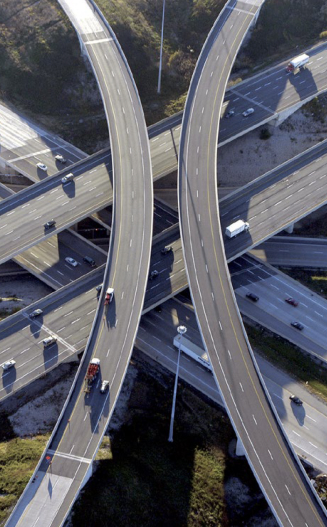
In October 2019, social protests broke out across Chile, as citizens demanded an end to deep economic inequality. Protestors believed that as the economy grew, a disproportionate share of the wealth had flowed to a small number of people at the top.
The protests were not specifically aimed at toll roads, but the unrest added a new sense of urgency to Grupo Costanera’s belief that change was necessary. With our support, management accelerated negotiations with the government that had started before the crisis, seeking to rewrite the terms of the contract. Balancing community needs, Grupo Costanera successfully lengthened the term of the contract — giving us, as an investor, access to a longer-lived asset — in exchange for lowering future toll hikes.
In 2020, Skyway Concession Company – a CPP Investments portfolio company – introduced ‘Trucker Tuesdays’ to provide truckers moving essential long-haul freight with snack bags during rest stop closures mandated by COVID-19 restrictions. Skyway distributed 4,500 bags that included thank-you notes from the local community acknowledging the essential work of truckers. The aim was simple – to help support the community in which the company operates as it grappled with the closure of road-side driver amenities.
Economically, the change made sense, but more importantly, over the long term, the move both improved public trust in our asset and management’s relationship with the government.
Being an expert partner allows operators to manage infrastructure assets in a way that solves problems to our joint benefit. It was a renewal of the social licence, as well as the operating contract.
Providing social good
Connecting sustainability, social licence and value

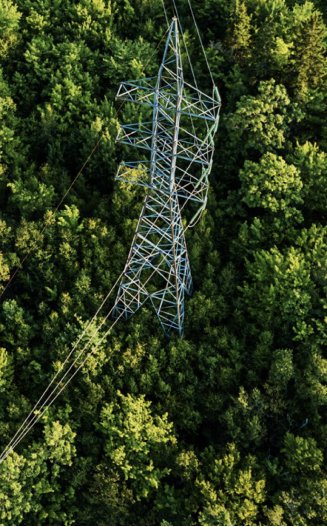
Often, a piece of infrastructure becomes a major pillar of the surrounding community or region. It may provide an essential service, become a major employer or impact the area due to its sheer size. Anglian Water Group (AWG) is just such an institution. Located in one of England’s driest regions, it is charged with providing clean, sustainable water for homes, businesses and farms. Because it must ensure a ready supply of clean water far into the future, AWG has helped to raise awareness of issues like climate change and conservation in its community. It is also an important regional employer, providing jobs for engineers, hydrologists and others.
Although resource management is not an explicit part of AWG’s operating licence, the company has chosen to take these risks head-on through a strategy called Love Every Drop, which builds water conservation and sustainability into every investment and decision the company makes. AWG’s ethos is that it and its customers borrow resources from the environment and must recycle those resources as responsibly as possible to ensure continued supply far into the future. Seen from this angle, a service as simple as fitting a new smart meter at a customer site is not just selling a product; it’s a better way to combat waste and fight drought than, for example, building new reservoirs, which would likely have a huge impact on the local environment.
What started as a campaign to save water a decade ago has become core to the company’s identity, both internally and in the way it is perceived by stakeholders. In 2017, AWG became the first utility in the European Union to issue green bonds to fund capital projects and has also committed to reach net-zero carbon emissions in its operations by 2030. AWG’s emphasis on sustainability has helped to build its social licence in ways that have also helped it build value for its investors, including CPP Investments. An ethos of thinking about profitability and sustainability over the long term has contributed to the company being a highly rated employer, helping it to attract top talent and creating a feedback loop that strengthens the business’ long-term prospects. With its green bond issuance, AWG has been able to raise capital at attractive rates to support investment and bring new efficiency to its network, all while building credibility with external stakeholders.
Why we prioritize social licence
We believe long-term investments such as infrastructure come with an obligation (and a corresponding financial incentive) to add to the health and well-being of operating-company employees and customers in the way those assets are operated. Investors that allow the operators they invest in to ignore long-term threats, such as climate change or safety issues, add risk to their portfolios — even if they book more profit in the short term. Investors and operators that disregard social licence risk disruption and loss of value caused by community backlash or direct and indirect liability costs.
Ideal long-term capital partners bring experience and an understanding of factors that contribute to social licence such as environmental, social and governance issues, together with a strong sense of purpose.
Safety failures may grab more headlines but a failure to address less dire issues can also impose risk for long-term investors. If the local operator fails to consider the general wellbeing of the community by being a good employer, for example, this failure can indirectly erode the value of the institutions that invest in them. As long-term investors, ensuring our portfolio companies maintain their social licence sometimes means supporting them by optimizing for safety, increasing the customer’s ease of access or otherwise improving the overall customer experience.
Expert long-term capital partners bring more than just funds to a partnership. They bring experience, greater understanding of factors, including environmental, social and governance issues, and a sense of purpose. Together, these can help contribute to building a strong social licence. By careful consideration of these factors, investors can help the investee company achieve greater profit and stability over the long term, while minimizing risks. At CPP Investments, we strive to be that expert long-term capital partner in our infrastructure investments, which now span five continents.
Alongside our partners, we work to ensure our investments provide an excellent and safe service, bolstering their social licence. In this way, we obtain and sustain local support to earn a reasonable return far into the future, adding resilience to our overall portfolio while creating value in the communities we operate in worldwide.
Contributors

Neil King
Managing Director, Infrastructure, Global Leadership Team

Scott Lawrence
Managing Director, Head of Infrastructure, Global Leadership Team
Physical Risk, Climate Change, and the Investor Response
Johan Rockström is one of the world’s most prominent climate scientists.
How can organizational transformation remain laser-focused on outcomes?
In this conversation, Senior Managing Director & Chief Operating Officer Jon Webster joins Michelle Gronning, Partner & Global Chief
Why collaboration is key to achieving the energy transition and meeting global
The energy transition is a defining test of our time—one that no single government, investor, or company can meet alone.






